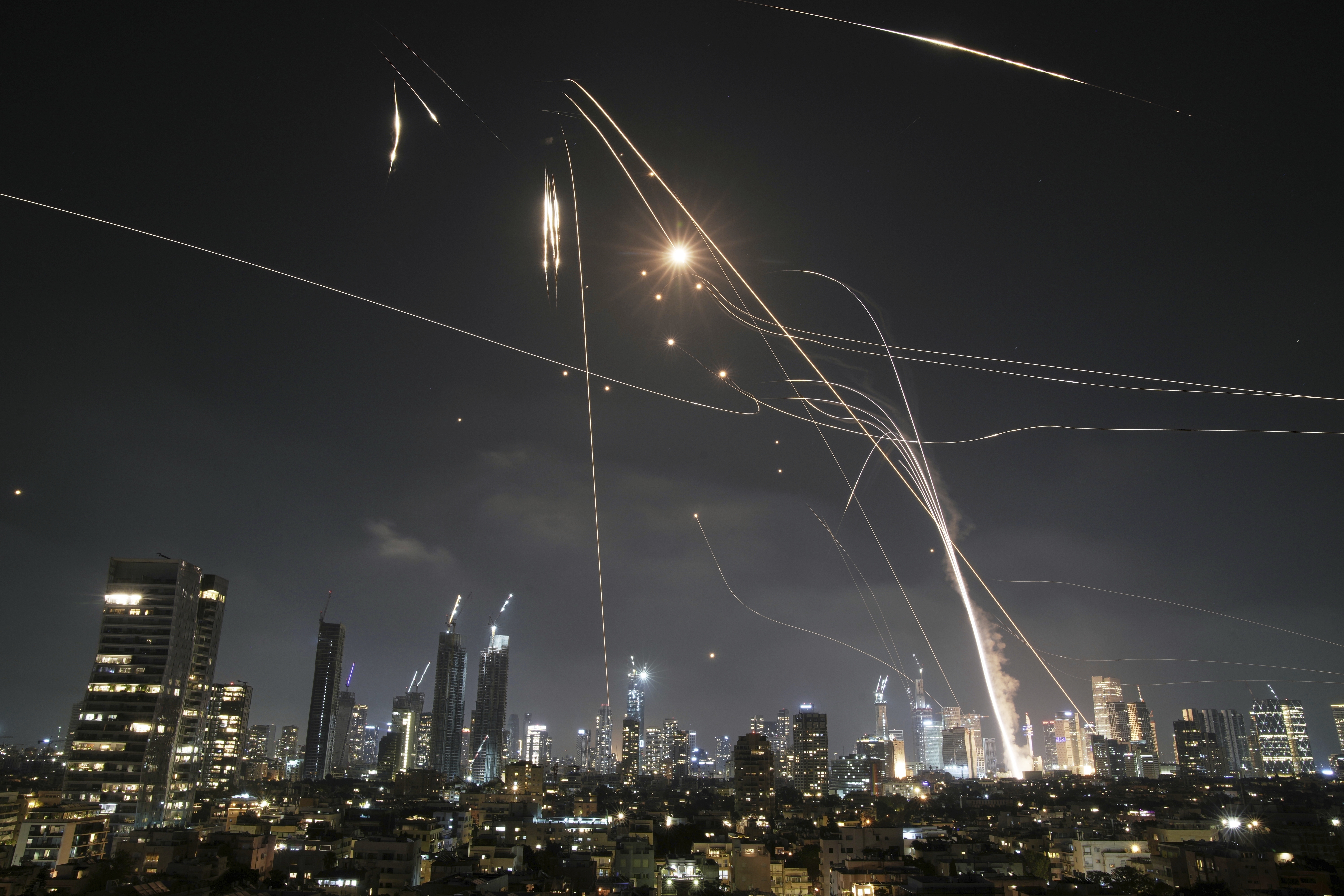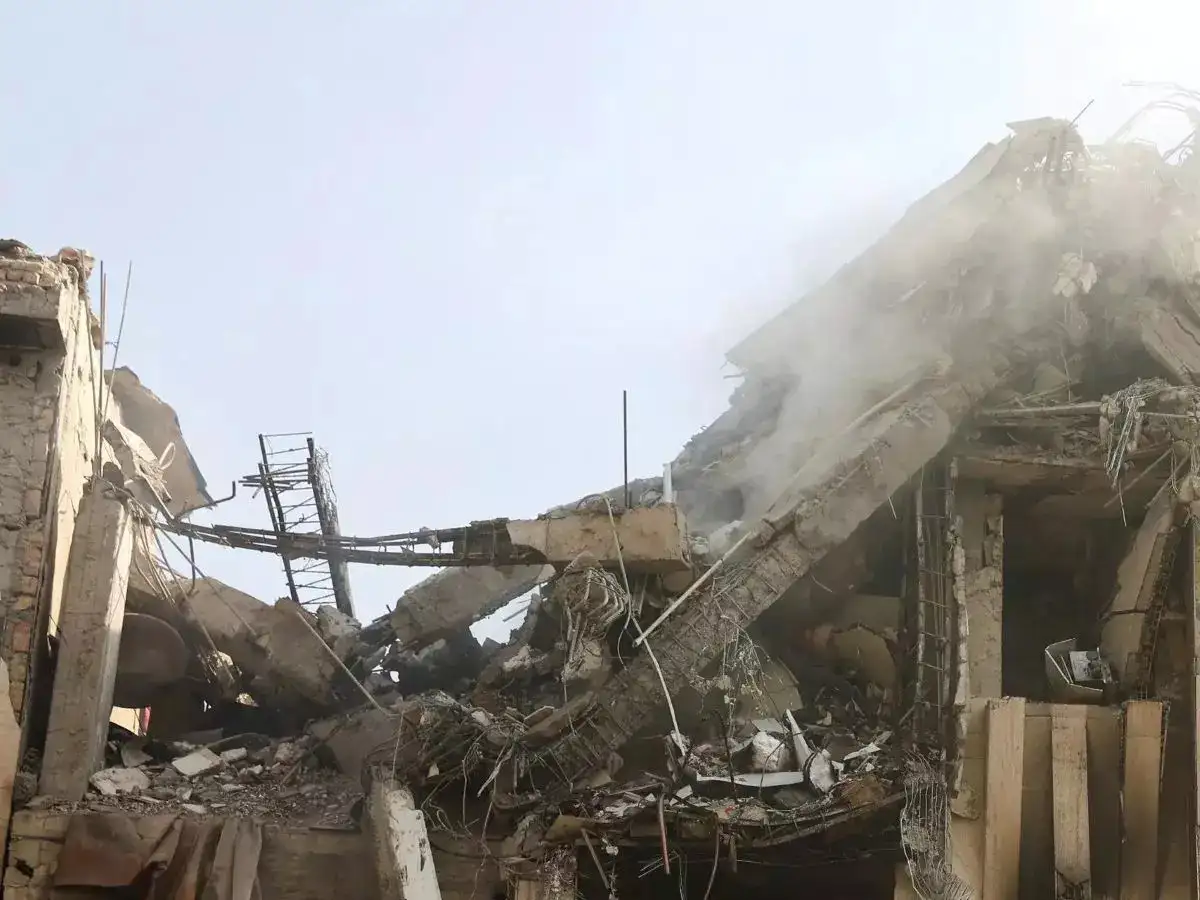Introduction: Massive Escalation in Iran-Israel Tensions
In a stunning military move, Israel launched a series of coordinated airstrikes on June 13, 2025, targeting key Iranian nuclear facilities, including the underground uranium enrichment site in Natanz. The operation, dubbed Operation Rising Lion, resulted in the deaths of six prominent Iranian nuclear scientists and destruction of critical infrastructure. This event marks a new and dangerous chapter in the ongoing Iran-Israel conflict.


Who Were the Scientists Killed in the Attack?
The Iranian state news agency Tasnim confirmed the identities of six scientists killed:
- Mohammad Mehdi Tehranchi – President of Islamic Azad University, theoretical physicist.
- Fereydoun Abbasi – Former head of the Atomic Energy Organization of Iran (AEOI).
- Abdolhamid Minouchehr – Dean of nuclear engineering at Shahid Beheshti University.
- Ahmad Reza Zolfaghari – Nuclear engineering professor, same university.
- Amir Hossein Faghihi – Ex-AEOI VP, led nuclear research institute.
- Motallebzadeh – Nuclear researcher killed with his wife.
This attack directly hits Iran’s scientific backbone in its nuclear ambitions and sends a clear warning from Israel about its red lines.

What Did Israel Target at Natanz?
The Natanz uranium enrichment facility, Iran’s most fortified nuclear site, was the primary target. According to the Israeli military, the strike damaged:
- Underground centrifuge halls
- Electrical and control systems
- Support infrastructure critical to uranium enrichment
Despite the severity, the International Atomic Energy Agency (IAEA) reported no spike in radiation, but criticized Iran for its growing non-compliance with nuclear agreements.
Israel’s Motivation: Existential Threat?

Israeli Prime Minister Benjamin Netanyahu declared that the operation aimed to “roll back the Iranian threat to Israel’s very survival.” This comes days after U.S. President Donald Trump stated a deal with Iran was close—before partially evacuating American personnel from Iraq and warning against war escalation.
Iran’s Response: Vows of Retaliation
Iranian military spokesperson Abolfazl Shekarchi warned that Israel would “pay a heavy price.” Iran has hinted at retaliatory strikes and mobilized air defense in multiple provinces.
Notably, Iran’s highest-ranking official, Mohammad Bagheri, was reportedly killed in the same set of strikes, amplifying national outrage and global concern.
Has Israel Done This Before?
Yes. While this marks the first major aerial campaign, Israel has long used cyberattacks and assassinations to delay Iran’s nuclear progress. From the 2010 killing of Majid Shahriari to the 2020 drone killing of Mohsen Fakhrizadeh, Israeli intelligence has frequently targeted nuclear figures linked to the Iranian state.
What Makes This Attack Different?
This strike signals Israel’s enhanced capabilities. Analysts from The Morning News Informer note that this time, it’s not just weapons, but intelligence breakthroughs that are critical. Israeli assets appeared to possess real-time tracking of scientist residences and enrichment facilities.
Conclusion: What Comes Next?
With Iran promising retaliation and Israel insisting the operation will continue “until the threat is removed,” the Middle East could be facing one of its most volatile periods in decades. While global powers call for de-escalation, the world watches with bated breath.
To stay updated on this developing story, visit The Morning News Informer’s World News section.